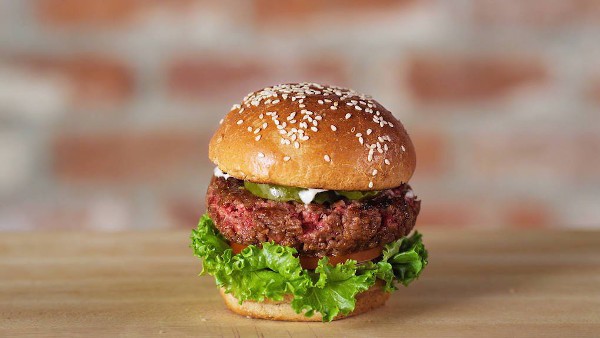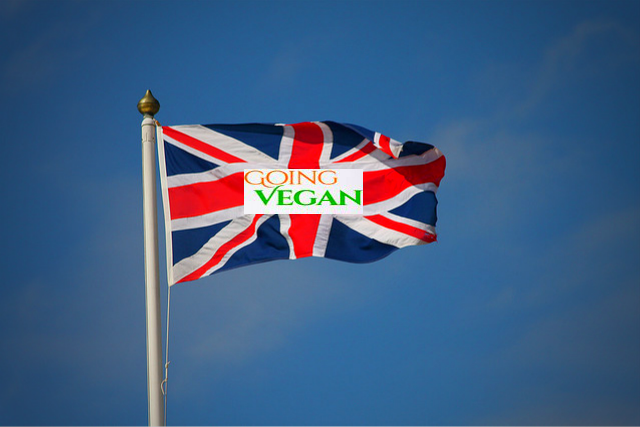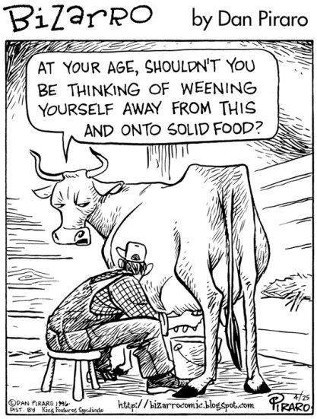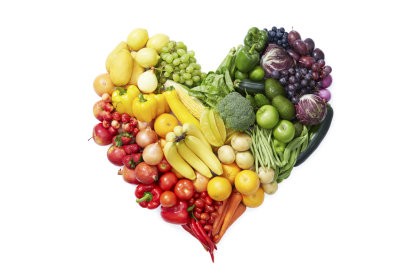It seems that scientists have made the impossible finally possible: Due to intensive research and via sophisticated technology they have been able to create “vegan meat” as they use to name it. Of course, the term itself sounds very contradictory but the taste of it proves the opposite. By replacing livestock with plant proteins this is without any doubt not only a milestone but a revolutionary research result. Could this be the key for those carnivores who often use to argue they could not live without the taste of meat? In fact, this could be the solution to a much more critical issue which is how to manage to feed 9 billion people in 2050 and how to finally get global warming and climate change under control.
“Vegan meat may sound like an oxymoron, but it’s proving to be the future of meat as we know it. Through the work of scientists and renowned chefs, it’s regularly dominating spots on plates millions of Americans long reserved for animal products. And it’s also dominating something else: the booming tech industry.
At the recent 2016 Milken Institute Global Conference in Los Angeles, Eric Schmidt, executive director of Alphabet, Google’s parent company, listed plant-based proteins as the most important trend in tech, beating out 3D printing, self-driving cars, mobile medical data, virtual reality, and education programs.
According to the Good Food Institute, an organization that specializes in supporting the development of plant-based food products, Schmidt predicts we’re entering a “revolution of replacing livestock with plant proteins.”
“[S]hifting from conventional meat to plant-based foods would reduce greenhouse gas emissions and fight climate change,” writes GFI’s Brian Kateman.Schmidt explained that focusing tech industry efforts on developing plant-based vegan meat could significantly reduce the cost of food production in developing nations. As the taste for animal products continues developing alongside the growth of these nations, the global environmental impact of animal production is only expected to rise. But, writes Kateman, “a switch to plant protein will remove the animal from the equation and allow harvesting of plants for direct human consumption.”
Just how is technology helping to build a better burger?
Computers aren’t exactly known for being great chefs (yet), but technology is advancing research efforts in plant identification and formulation that makes for delicious and highly nutritious foods without the health and foodborne illness risks of animal products. It’s even being used in growing “meat” without the animal—a lab-grown burger was recently tested in the UK to rave reviews.
Beyond Meat, a Southern California plant-based meat company, recently released the first veggie burger so meaty its being sold in the meat case alongside animal products. On its first day in the store (a Boulder, Colo., Whole Foods Market), it sold out in an under an hour.
“Delivering a pound of meat to the grocery store (raising it, slaughtering it, shipping it) is a relatively inefficient and costly process compared with delivering a pound of many protein-based plants,” reports Fortune.
The United Nations declared 2016 “the Year of the Pulses” (legumes and beans)—they’re not only highly nutritious and versatile in the kitchen (or the high-tech lab, as it were), but they provide benefits to farmers, too. Lentils, for example, are nitrogen fixers that can replenish soil. Raising cows, chickens, or pigs does the opposite—it damages soil (and air quality and water) beyond reparations, endangering communities for generations. It also requires the razing of rainforests and uses immense amounts of critically limited resources including fresh water and antibiotics. (Animals raised on antibiotics also proliferate antibiotic resistance, which is now becoming an immense public health issue.)
And on a planet that’s getting smaller and smoggier every day, meat is more indulgent and more problematic than ever before.
“The two big questions are, how do we feed 9 billion people by 2050, and what can we do about climate change?” asks Good Food Institute executive director Bruce Friedrich. “Plant-based and [lab-grown meat] products are the answer to both of these questions.”
Source: organicauthority.com!








yes, the term is highly contradictory. It is NOT meat…it is vegan material…as in..$#%&!@*created in a lab that opens the doors for MORE$#%&!@*to be created in a lab that we have NO CLUE what will truly be put into this$#%&!@*made in a lab. This is a trend…its preys on true veganism which is eating REAL FOOD….not unknown$#%&!@*created in a lab. I do not support this at all…and I hope you ignoramuses understand that supporting$#%&!@*CREATED IN A LAB….will only lead to UNKNOWN$#%&!@*being put in this$#%&!@* CREATED IN A FUCKING LAB.
Wake up people.
Gross. It’s made in a lab.
Much better to be made in a slaughterhouse, covered in piss and$#%&!@* and terrified cruel deaths.
Michelle DiNovo I am vegan. Lol but anything grown in a lab is gross.
But thank you for your judgment. Lol
why is it that I don’t trust this
and I’m not even vegan I’m somewhere in between vegetarian and pescatarian